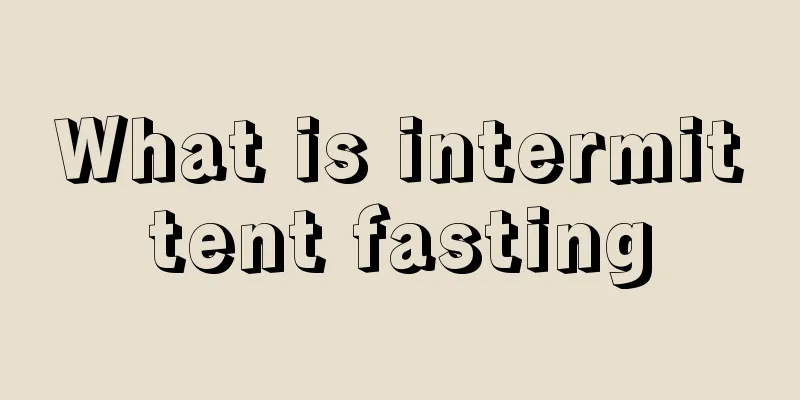How do patients with nasopharyngeal carcinoma maintain themselves and what treatment methods are there?

|
How do patients with nasopharyngeal cancer maintain themselves? What are the treatments? 1. Because nasopharyngeal cancer patients are affected by the disease, have heavy psychological burdens, poor appetite, and low resistance, family members should be guided to encourage patients to eat, and give them high-protein, high-vitamin, low-fat, easily digestible foods, such as beans, milk, fungus, carrots, etc. Tell patients to quit smoking and drinking, avoid eating raw, cold, hard food, spicy food, and moldy food. 2. At the same time, guide family members to create a clean and comfortable eating environment for patients, pay attention to color and fragrance, provide patients with delicious food, and provide patients with rich nutrition. The diet should be balanced, eat more vegetables and fruits, and be less oily, light, high in protein, high in calories, high in vitamins and iron. Smoking and drinking are prohibited, and irritation of the oral and nasal mucosa is avoided. After radiotherapy, the diet is tasteless or has a smell and oral mucosal reaction. Encourage patients to eat and eat small meals. When the oral reaction is severe, give a semi-liquid diet and encourage drinking more water. 3. Cancer patients suffer from great physical and mental pain, have varying degrees of fear, and lose confidence in treatment. Nurses should have a high sense of compassion and responsibility, care for and respect patients, and gain their trust. They should understand each patient's mental state and family environment, help patients adapt to the hospital environment as quickly as possible, improve their living ability, and achieve the best state of recovery. 4. Most pathological examinations are poorly differentiated squamous adenocarcinoma. Radiotherapy is the recognized first choice of treatment. Conventional radiotherapy has many complications. Three-dimensional conformal or enhanced radiotherapy is recommended. The total irradiation dose to the nasopharynx is 66~70Gy/6.5~7 weeks, the radical dose for positive cervical lymph nodes is 56~60Gy, and the preventive radiation dose for negative cervical lymph nodes is 46~50Gy. During radiotherapy, chemotherapy, traditional Chinese medicine, and immunotherapy can be combined to improve the efficacy. Comprehensive treatment methods such as chemotherapy and surgery can be used for some advanced patients and recurrent cases after radiotherapy, as well as a small number of adenocarcinomas and squamous cell carcinomas that are insensitive to radiation. |
<<: Conservative treatment for lung cancer?
>>: What to do if you can't eat and vomit after eating in the late stage of gastric cancer
Recommend
Acute pericoronitis of wisdom tooth
There are many common problems in life, and when ...
What are the 6 major symptoms of cerebrovascular disease
Cerebrovascular disease is a relatively harmful d...
Indications and contraindications for thoracentesis
Thoracentesis is actually a puncture of the pleur...
What causes dampness
Genital warts can be said to be a very serious gy...
What are the early symptoms of malignant fibroid tumor
In recent years, malignant fibroma has become mor...
Which diseases should be differentiated from laryngeal cancer
Laryngeal cancer is a malignant tumor of the lary...
Closed comedones on both sides of the chin
Some people will find that many closed comedones ...
Is endometrial cancer contagious?
There are many friends around us who suffer from ...
The correct way to reduce fever by massage
Fever is a complication of many diseases, such as...
The neck is unable to support the head
Many patients begin to have problems with their n...
What are the effects of soaking mint in water? Can it remove acne?
We all know that mint can refresh the mind and ma...
The fastest way to sober up
For many successful people with successful career...
What are the methods to lift a low-lying placenta? What to do if the placenta is low?
Pregnancy is a very happy thing. For female frien...
What to do if the cutting board is moldy?
In daily life, cutting board is an indispensable ...
How to get rid of small flying insects at home
The temperature is high in summer, and there are ...









